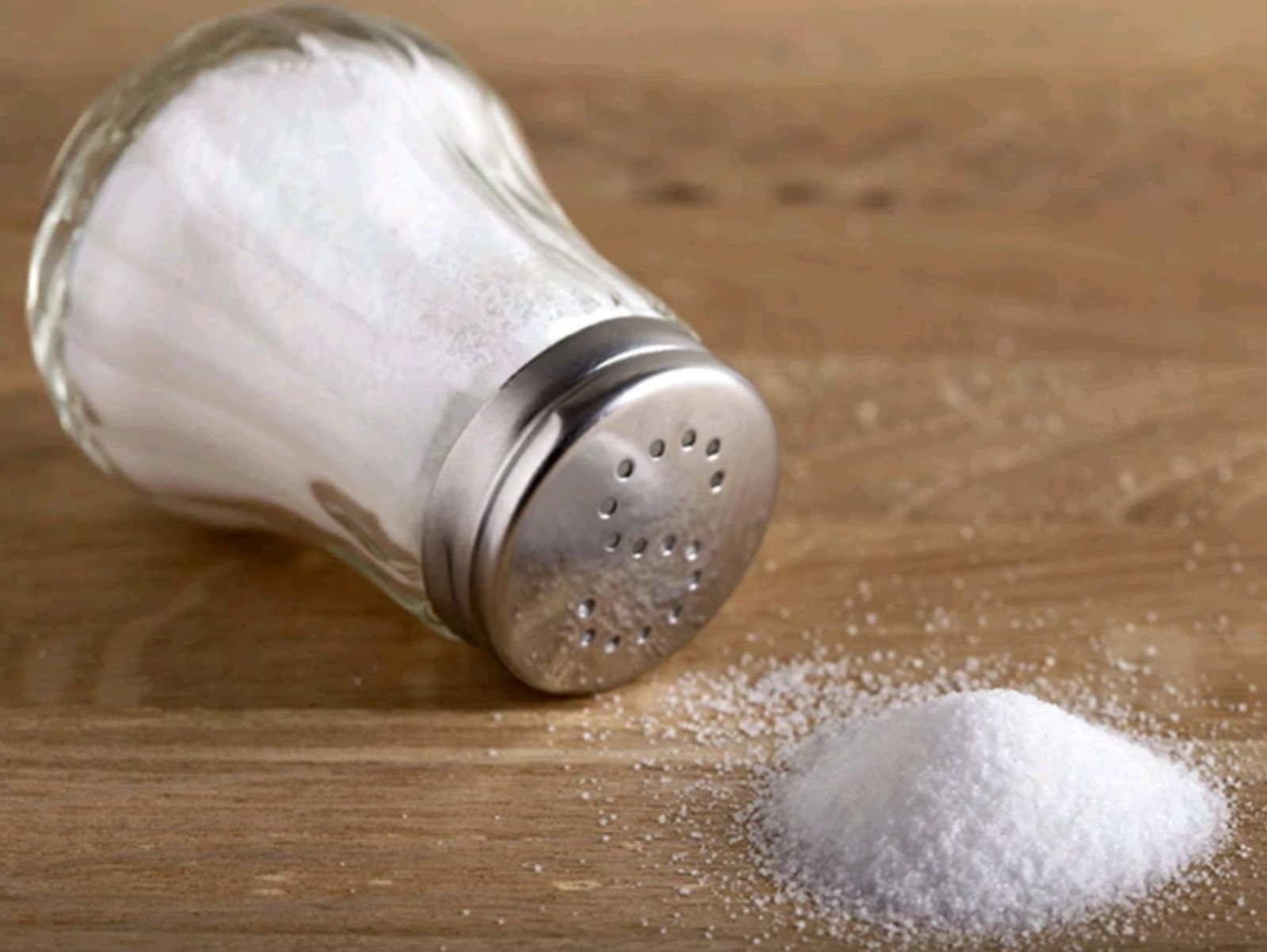HEALTH & LIFESTYLE
Are You A Member Of Blood Group O? See What It Means

Continue Reading
HEALTH & LIFESTYLE
5 Secret Benefits Of Adding Salt To Bathing Water
HEALTH & LIFESTYLE
7 things that will make you look younger than your age
HEALTH & LIFESTYLE
What Happens When You Eat a Banana First Thing In The Morning?
-

 IN-THE-NEWS10 months ago
IN-THE-NEWS10 months agoIf a vehicle with flashing green lights approach, you need to know what it means
-

 SPORTS10 months ago
SPORTS10 months agoSerie A Calendar, advances and postponements of the first 3 days
-

 SPORTS11 months ago
SPORTS11 months agoReyer Venice Adds Italian Big Man Alessandro Lever to Roster
-

 METRO7 months ago
METRO7 months agoRacist Teacher Bullies Black Girl In Class, Unaware She’s the Daughter of the Principal –
-

 SPORTS10 months ago
SPORTS10 months agoAmazon Prime Video Secures NBA Broadcast Rights in France: A New Era for Basketball Fans
-

 SPORTS10 months ago
SPORTS10 months agoCrash on the queen stage: Norwegian cyclist dies on descent from the Grossglockner
-

 IN-THE-NEWS11 months ago
IN-THE-NEWS11 months agoNigerian Man Arrested For Stabbing Nigerian Co-Tenant With Broken Bottle In Ghana
-

 IN-THE-NEWS7 months ago
IN-THE-NEWS7 months agoBREAKING: Army nabs 35 oil thieves in 4 states



